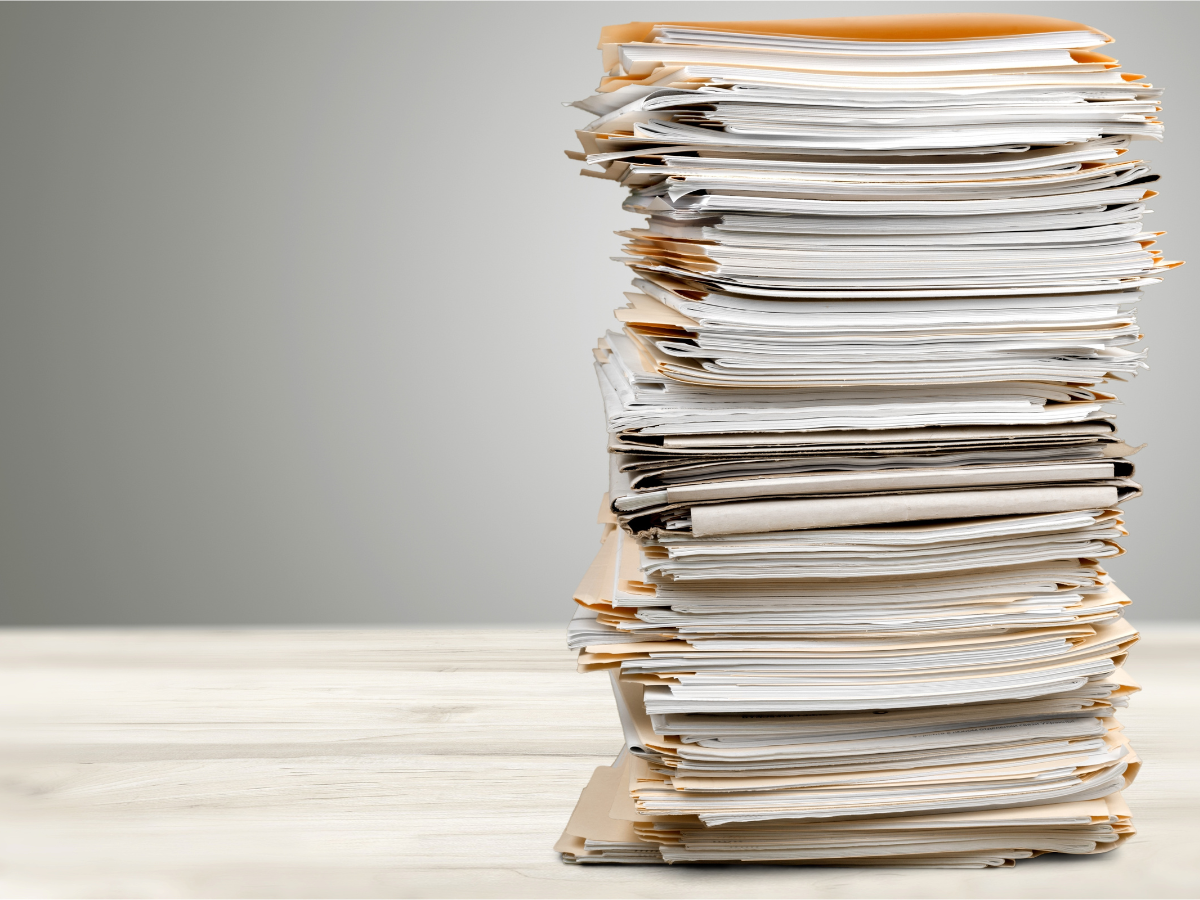10 Things You Should Know About Your Business (Tech-wise)
Some important stuff just needs to be available on paper in case your computer dies, or you’re not in the office and someone else needs this info. You can keep track of all of this in a spreadsheet or text document, but you need to print it all out and save it in a folder too. Sometimes grabbing a paper document is just easier and faster than searching through computer files. Here are the 10 most important things you need to know and keep track of to manage the digital side of your business.
- Your Internet Service Provider
If you have Internet service in your office or place of work, you have an Internet service provider (ISP). Find their customer service number. Find their emergency contact number. Write down your account number, user-name, password and any other important access information. Do this on a day when your Internet is working fine. Because if you wait until it’s broken… - Your Web Hosting Company
This is NOT the same as the company that provides Internet access. This may or may not be the same company that built and/or maintains your website, but it’s usually not. This is the company that owns the server where your website lives. Find out what your account info is. Don’t wait until the day your website stops working. Make sure that youare the owner of this account and not your former receptionist or your brother-in-law who set up the account for you. - Your Domain Registrar
Your domain name – mywebsite.com – is registered with an approved company that is allowed to provide web addresses and they are a domain registrar. Some web hosting companies throw in domain registration as an additional service. So your web hosting company may also be your domain registrar. But in most cases, it’s a separate company. You may have registered your business domain name some years ago, and you’ve changed web hosting companies and redesigned your website several times since then. But if you ever need or want to move your domain from one registrar to another, you will find out how painful it is to do. And you’ll be glad you spent the time now finding out and writing down who your registrar is, when your domain name was registered, when it expires, and all of your account login information. - Your Web Designer/Developer
Someone built your website. If that person wasn’t you or one of your employees, get their contact information today. Find out what programming language was used – you don’t have to learn it, you just need to know what they used. Is it ASP? PHP? Does it use JavaScript? Was it built using WordPress? Or Dreamweaver? Is there Flash in it? Was it built using free tools provided by your web hosting company? Do you actually own it? Is it portable to another web hosting company? Get all of this information now, and if you ever want to make changes in the future, this will be helpful information for your next web developer. - Webmaster Tools/Analytics Accounts
You may have a Google Webmaster Tools or Google Analytics account. It is full of rich information about your website and its visibility on Google. Write down your account and login info for this important account. If you have other tracking tools or analytics accounts, get all of that information. Write down the URL you have to go to to log in. If you don’t know if your website is being analyzed or if your traffic is being tracked, ask your web developer. - Graphics and Stock Photo Accounts
You may have purchased images and photos from a service like iStock Photo. Or your web designer may have purchased images and photos to build your site. In order to prove that you’ve paid for and/or gotten permission to use the images on your website, you need to have this account info. - YouTube Channel and Other Video and Photo Assets
Do you have any videos you have made or have had someone make for your business? Do you know where they are located online? Do you have a channel or account at YouTube, Flickr, Instagram, or any other video/photo sharing site? Get a list of all of your accounts, the login info, and the assets you own that are stored there. - Online Advertising Accounts
Do you have a business listing on Superpages.com? Do you run any pay-per-click or pay-per-call campaigns? Do you have a Google AdWords account? A Microsoft adCenter account for Bing? Do you know how to log in to your accounts at all of these sites? Or where the login page is? Write this all down. - Social Media Accounts
Does your business have a Facebook page? A Twitter account? A LinkedIn profile? Google Places, Google+, Foursquare or any others? Do you know how to log in to each of these? Do you have the account info for them? - Link Building, Link Buying, Link Exchanges
Hopefully you’re not buying links from shady websites that promise you traffic. And you’re not exchanging links with businesses that have no relevancy to the line of business you’re in. But if you have any accounts for link building using any method, find out what your account info is and add it to this folder.
And here’s a tip that will help make your digital life easier: On all of the accounts you own, make sure you’re using an email address and phone number that is permanent and will not change. Too often I’ve seen situations where the office manager or the IT guy or the web designer who no longer work there used their own email address and phone number when setting up the account. Log in and change this today. Before you need to in an emergency situation. And while you’re at it, change your password on each of these accounts. Make it strong–write it down!














